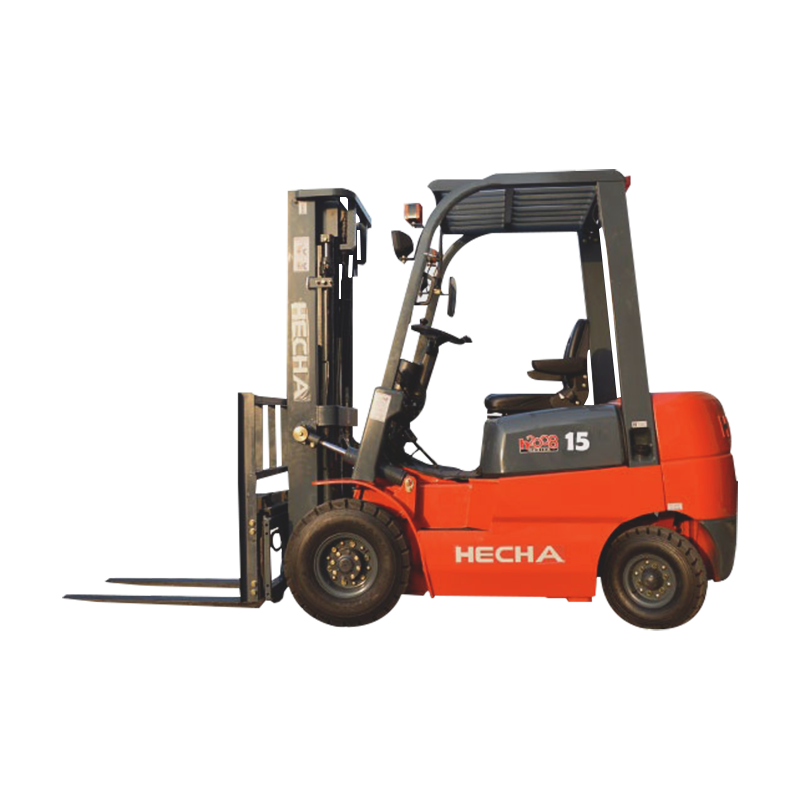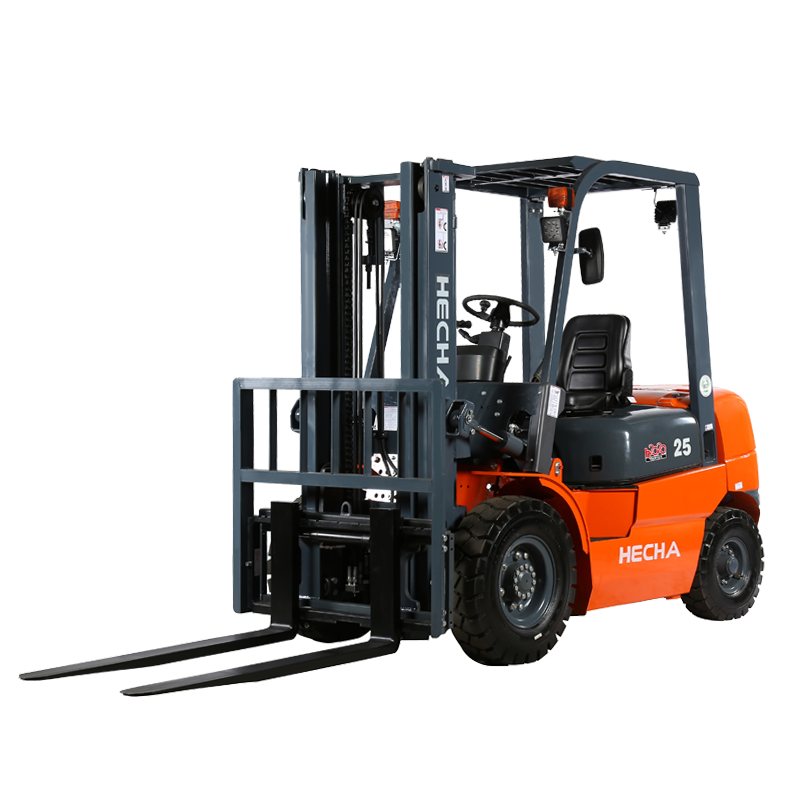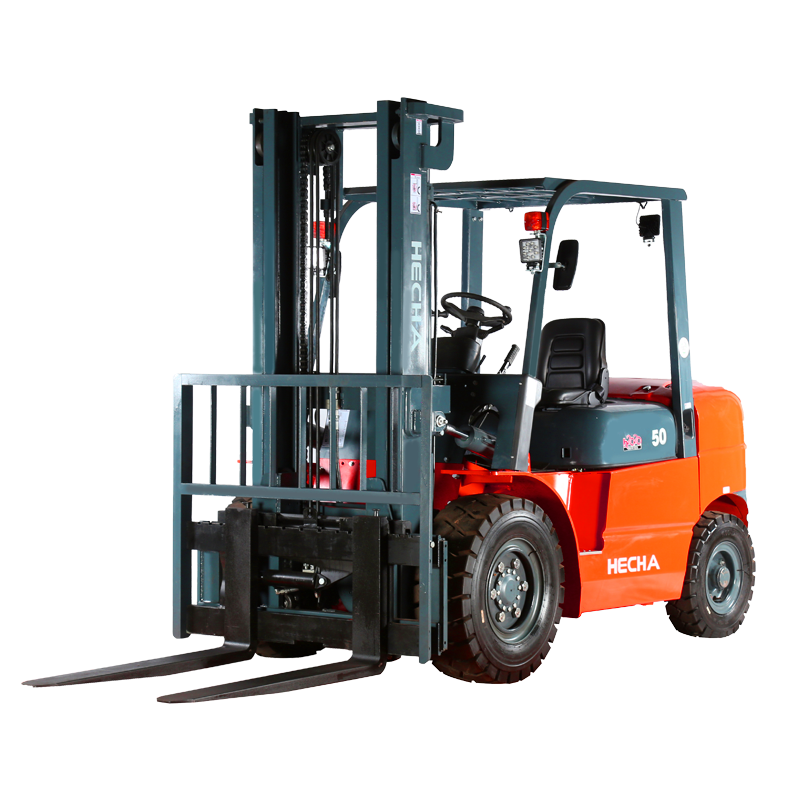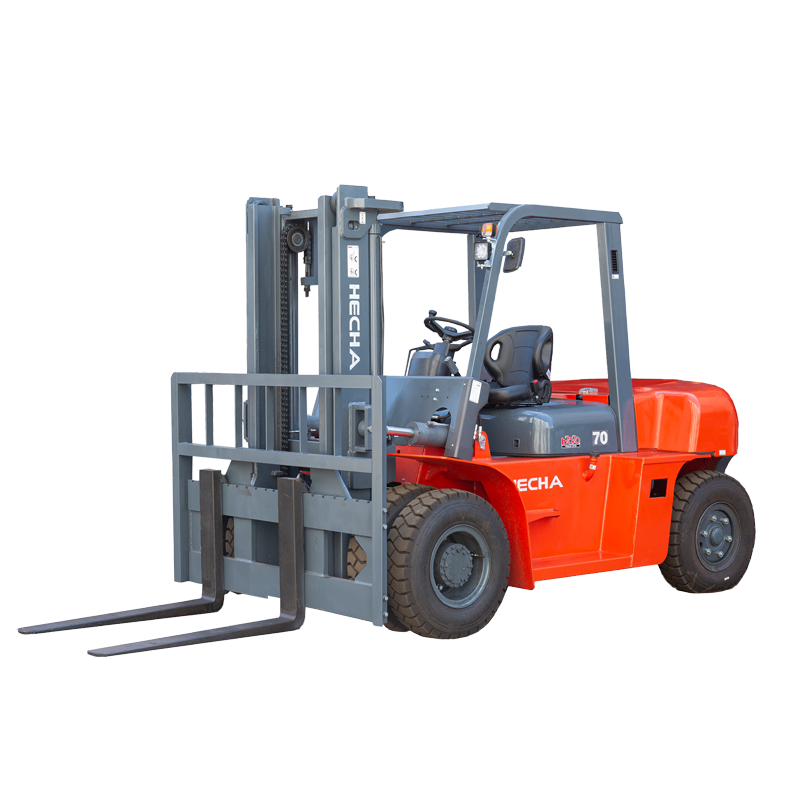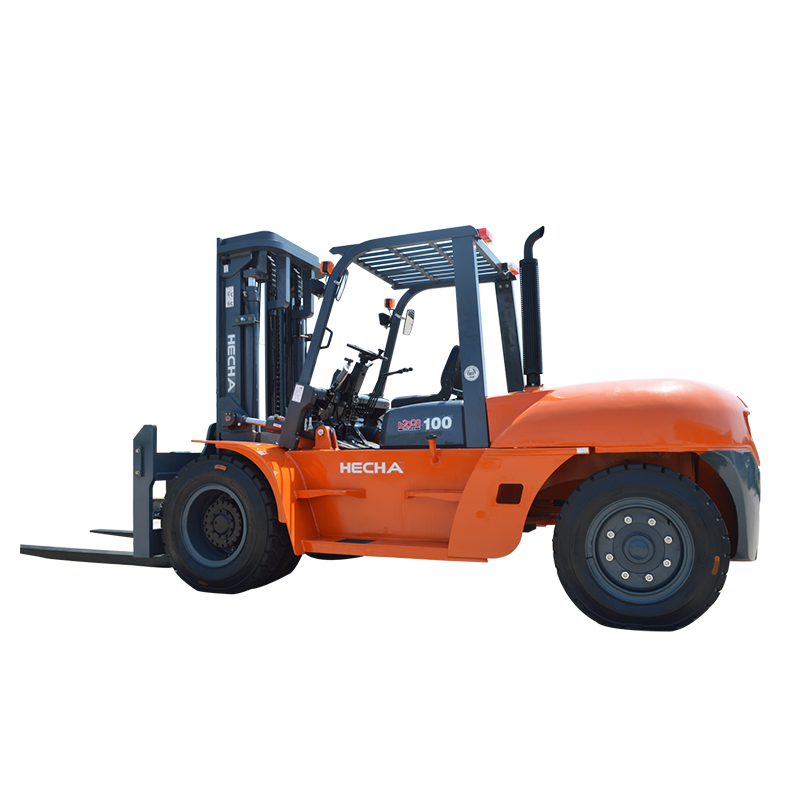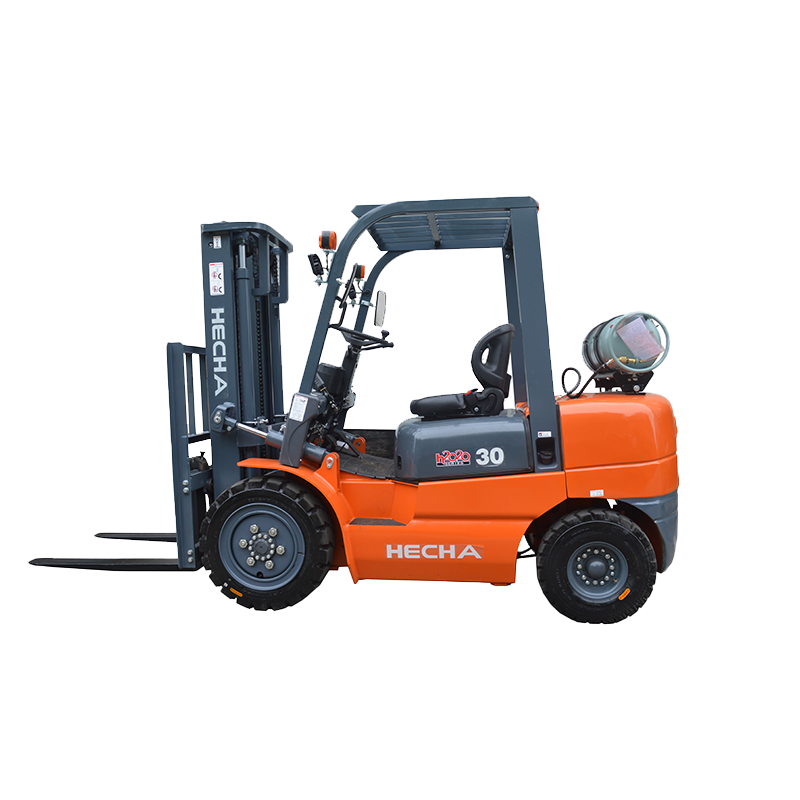1. Comprehensive consideration of product quality
1. Materials and manufacturing process
The working environment of rough terrain forklift is often complex and changeable, which requires it to have excellent durability and reliability. The materials used by the supplier directly determine the load-bearing capacity, corrosion resistance and service life of the forklift. The application of advanced materials such as high-quality steel, wear-resistant alloys and high-strength plastics can significantly improve the overall performance of forklifts. The sophistication of the manufacturing process is also critical, including welding quality, painting process, component assembly accuracy, etc., which are directly related to the structural strength and appearance quality of the forklift.
2. Safety performance
Safety always comes first. Excellent all-terrain forklift suppliers will strictly abide by international safety standards (such as ISO, ANSI, CE, etc.) to ensure that the products have a complete safety protection system. This includes, but is not limited to: emergency braking systems, rollover protection, operator protective structures (ROPS/FOPS), non-slip tires, warning lights and reversing sensors, etc. Suppliers should also provide detailed safety operation guidelines and training services to enhance operators' safety awareness and emergency response capabilities.
3. Environmental adaptability
The design of the rough terrain forklift must fully consider its ability to operate under different climatic and terrain conditions. Performance in extreme temperatures, humidity, sand, or mud. Suppliers should provide a variety of configuration options, such as enhanced suspension systems, waterproof and dustproof designs, four-wheel drive, and adjustable tire pressure, to adapt to various complex working conditions.
2. In-depth analysis of performance
1. Load capacity and stability
Load capacity is one of the important indicators to measure the performance of a forklift. Suppliers should provide a variety of load specifications to meet different operational requirements. The stability of a forklift is crucial, especially when operating on uneven ground. The stable chassis design and advanced control system can effectively prevent tipping and ensure safe operation.
2. Power and fuel efficiency
The choice of power source (such as diesel, gasoline, electric or hybrid) directly affects the operating efficiency and cost of the forklift. Energy-efficient engines, advanced transmission systems and intelligent energy management systems can improve the operating efficiency and fuel economy of forklifts. Electric forklifts have advantages in environmental protection and noise control, while diesel or gasoline forklifts are suitable for long-term and high-intensity work needs.
3. Controllability and comfort
Good controllability is the basis for ensuring the operator's efficient work. The advanced steering system, precise control handle, intuitive instrument panel and comfortable cab design can significantly enhance the operating experience. Considering the impact of long-term work on operators, suppliers should also provide humanized configurations such as adjustable seats, shock absorption systems, air conditioning and audio to reduce operator fatigue and improve work efficiency.
4. Intelligence and automation level
With the development of science and technology, intelligence and automation have become the new trend of all-terrain forklifts. Whether the supplier provides intelligent functions such as GPS navigation, remote monitoring, fault diagnosis and warning, and automatic adjustment will directly affect the forklift's operating accuracy, management efficiency, and maintenance costs. These technologies can not only improve operational efficiency, but also effectively prevent accidents and reduce operational risks.
3. Supplier’s Quality Management System
In addition to directly examining the quality and performance of the forklift itself, the supplier's quality management system is equally important. International quality management system certifications such as ISO 9001 are important bases for evaluating suppliers' quality management levels. Whether the supplier has complete testing equipment and processes, as well as strict quality control standards, is also the key to measuring the quality of its products.
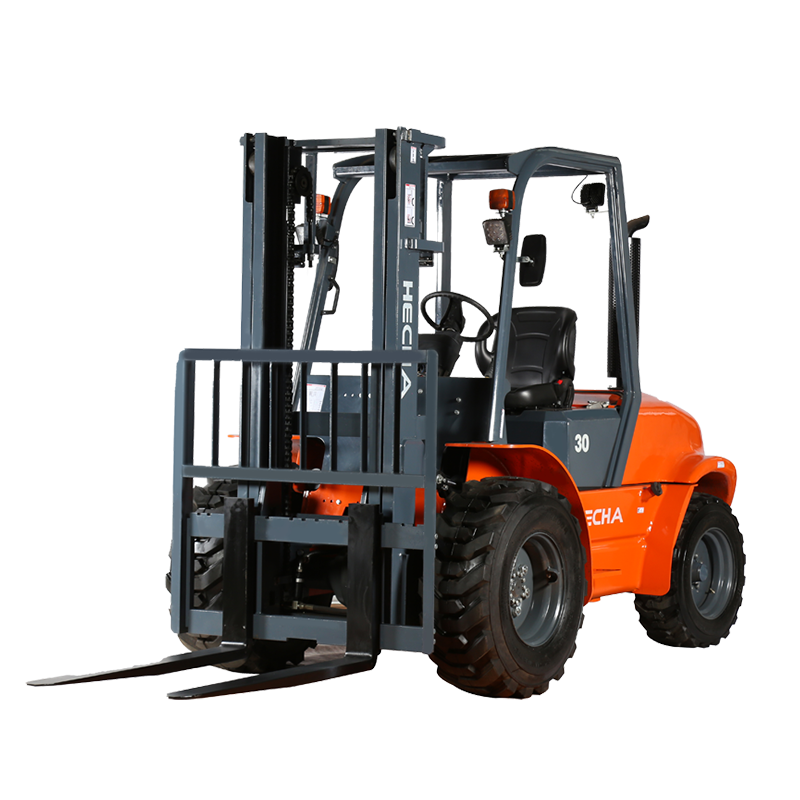

 English
English 中文简体
中文简体 русский
русский Français
Français Español
Español

